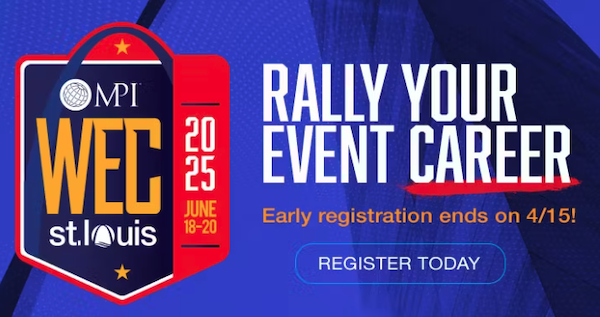“Seventy percent of people—regardless of background—report feeling ‘imposter syndrome’ at one point or another,” Brittany Packnett Cunningham says when asked why people often struggle with confidence. “Society has created archetypes of success—and told us what a leader is supposed to look, sound and act like. These limiting beliefs set us all up for failure—because we all will inevitably fall short of the picture-perfect story.”
Cunningham says people should make their “wins” list to help themselves build confidence.
“The good news: You have a 100 percent survival rate,” she says. “Write down the small and large things you’ve accomplished that seemed impossible when you began. When you’re feeling doubtful, revisit your win column—and remind yourself you’ve done it before, so you can do it again.
Cunningham suggests building your community—identifying people who will help you fail safely, learn quickly and adapt thoughtfully.
“Your community will help lift you when you fall,” she says. “[It will] also help you turn your losses into lessons.”
New levels of breakthrough
Cunningham is a leader whose interests combine culture, justice and policy. She believes justice is divine and that everyone is entitled to liberation. Her mission is to move people to action by speaking and teaching the truth. Her TED Talk, “The Revolution of Confidence,” has more than eight million views and has been translated into 22 languages. It was one of the top 10 TED Talks of 2019. She also produces the podcast UNDISTRACTED on the Meteor Network.
For MPI’s 2025 World Education Congress (WEC) in St. Louis, June 18-20, she’ll be presenting her keynote session, “The Confidence Revolution.”

“Many leaders see the need to create space for confidence as optional—but in truth, all teams are buoyed when each person operates as their most confident selves,” Cunningham says when asked what she hopes attendees take away from her session. “When we invite confidence, we unleash new levels of breakthrough—and we all win.”
It was confidence that made her brave enough to be a teacher, she told NPR in 2019.
“Confidence helped me be brave enough to step out on the streets of Ferguson,” she said during the TED Radio Hour on the station. “Confidence helped me be brave enough to sit next to President Obama and talk about issues of policing. And I think that I am obsessed with confidence, in part, because I know what it is to live a life without confidence—that I absolutely grew up as a young woman of color in a country where people like me are socialized not to be confident—that either we are not deserving of confidence or that our confidence is intimidating or threatening.”
Knowing your worth
Cunningham spent almost 15 years working in public education and policy. She was a third-grade teacher in D.C. and a legislative aide to former U.S. Congressman Wm. Lacy Clay of Missouri’s first district. She also served as a member of former U.S. President Obama’s 21st-Century Policing Task Force.
“I’ll never forget the first meeting of President Obama’s 21st-century policing task force,” she told NPR. “I was one of the youngest people on a task force. And I walk into the room, and there’s Connie Rice, who has spent her entire career dealing with police violence issues dating back and beyond Rodney King in Los Angeles. There’s, you know, professors and lifelong activists and people who are running their own nonprofits. There’s Bryan Stevenson, who is a personal hero of mine. And I’m trying to focus on the paper in front of me and not fangirl about the fact that he’s sitting across from me.”

She wondered how she was qualified to be in the same room as these people, much less handpicked by Obama. But she told herself she had expertise, too, that she had a responsibility to represent her community. It wasn’t about faking confidence.
“That was about understanding my fundamental worth as a human being and as an activist and someone with real expertise because I was on the frontlines of this thing, right?” she told NPR. “And I am worth sitting here. I’m worth learning. I’m worth growing, and I’m worth contributing my voice.”
Space for experiences
In the meeting and event world, learning and growing are constant needs for professional planners. Cunningham believes, though, that there’s one important skill to always keep in mind.
“Engagement looks fundamentally different now,” she says. “Knowing how to keep events and sessions lively, interactive, provocative and timely in the time of virtual and mixed experiences is a must.”
For her, the meeting and event industry’s evolution over the years isn’t just about technological or cosmetic advancements.
“It’s the way that meeting and event professionals have innovated to create space for new voices and experiences while rooting things in community,” she says. “Events that bring everyone along, create a sense of belonging for all and serve as springboards for positive change when they’re done: these are the events that inspire. These events are the future.”
Change, though, happens one step at a time, whether it’s in your community or your industry, she says.
“True leaders demystify the work of change and invite people to take one step, right where they are, addressing the thing that matters most to them,” Cunningham says. “With each step, we gain skill, knowledge and confidence that helps us make a much broader impact.”
General session sponsored by See Monterey in partnership with Gotham Artists.

